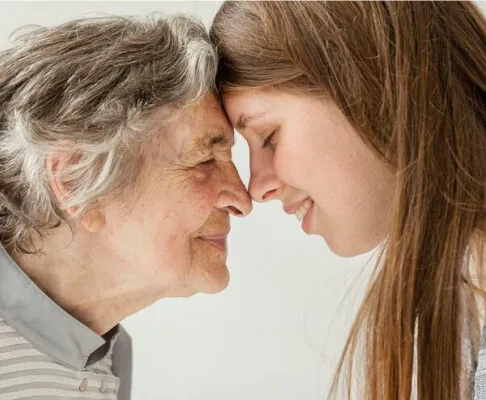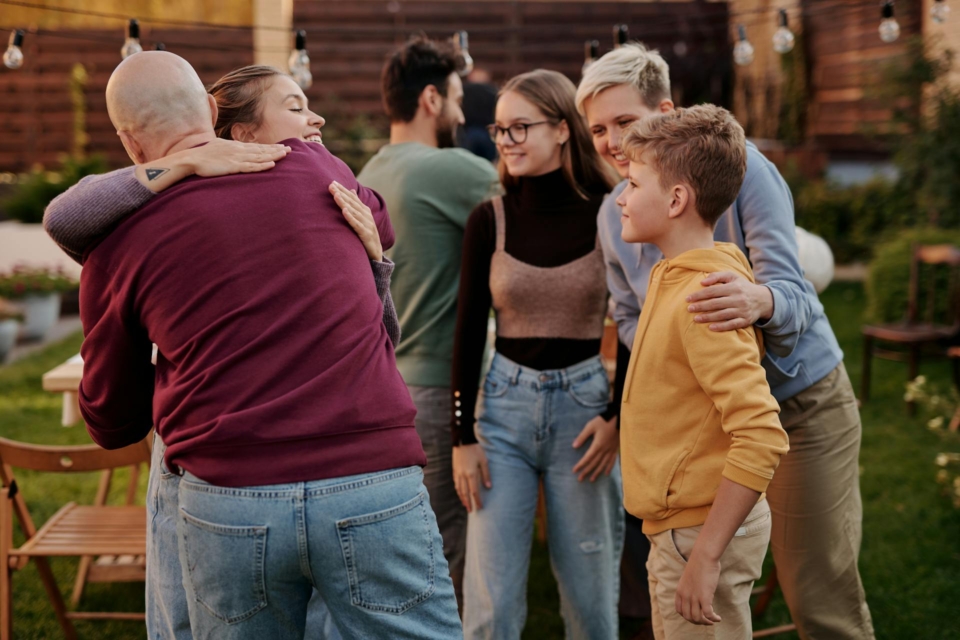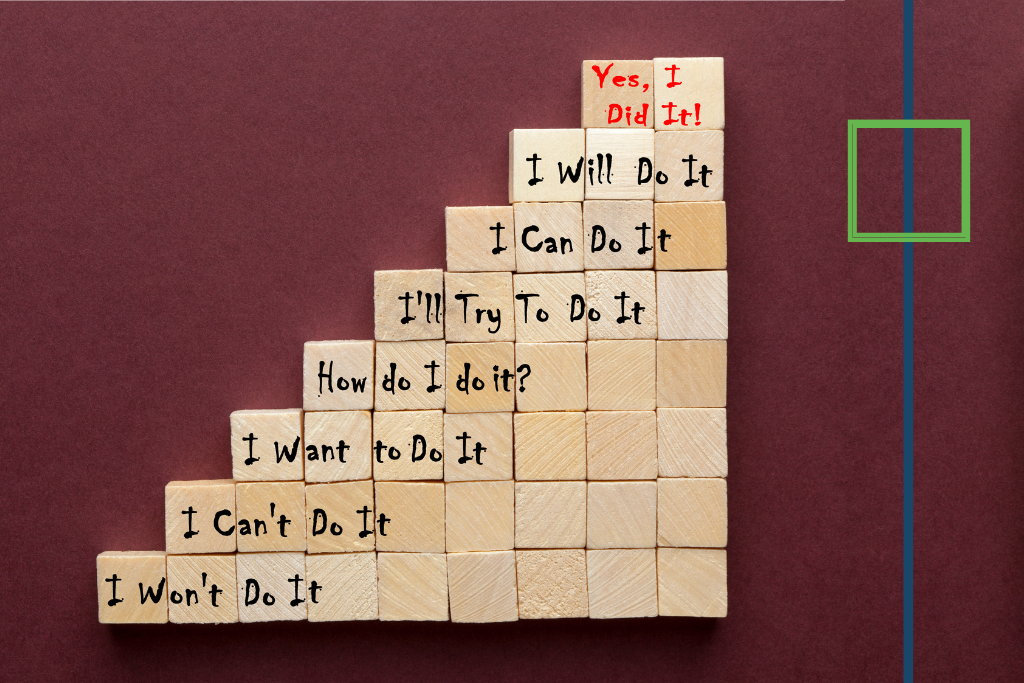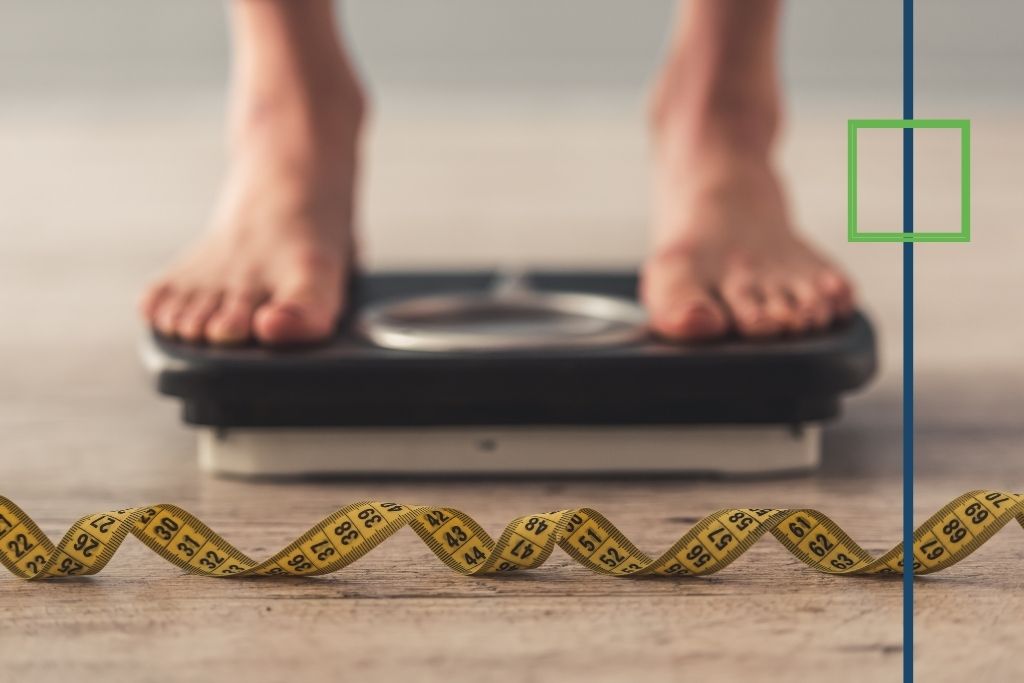Alcohol is a depressant, we know this. Alcohol lowers the immune system and causes other physical, emotional, and social consequences. Let’s address why people drink alcohol? Well, the reality is that millions of people in America drink alcohol at least occasionally and this isn’t necessarily a bad thing. However, it is important to understand why we drink and why we may continue to drink despite the negative consequences of drinking and the benefits of giving up alcohol.
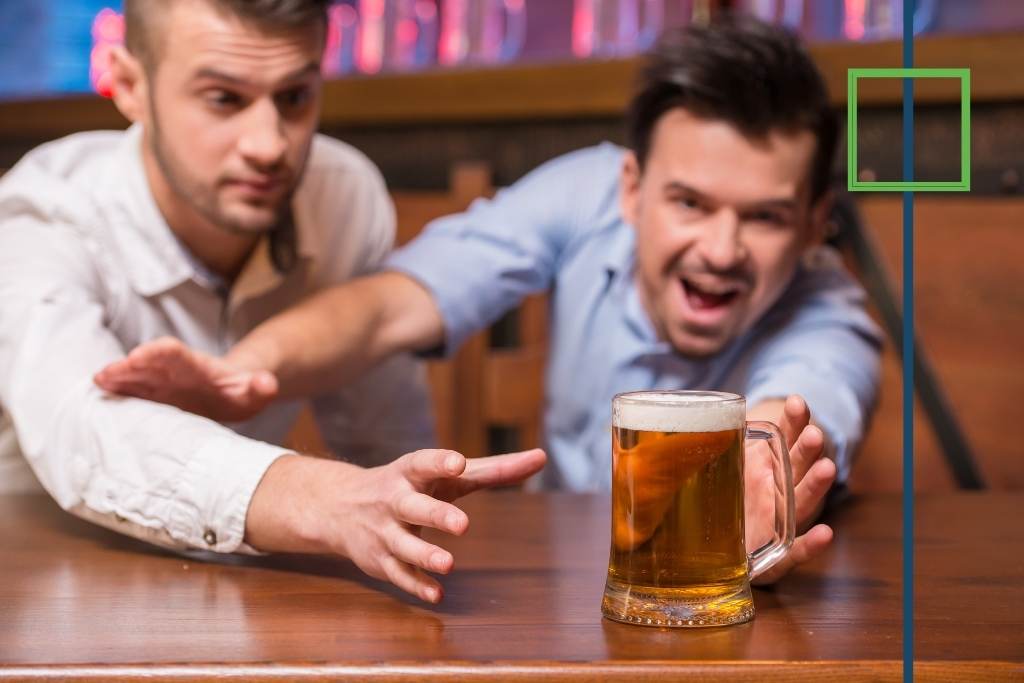
Reasons why people drink alcohol:
- To get drunk
- To be more social
- To escape a problem
- To manage stress
- An increase in power
- For fun (enjoyment)
- As a part of a ritual
One study by Antonia Abbey et al., examines 2 types of motives for alcohol consumption (Abbey, 1993). The motives include what the study refers to as “personal-effect motives” and “social-effect motives”. This study examines them because most research completed has focused on these 2 broad categories. Luckily, it does provide some interesting insight as to why may people drink.
Personal-Effect Motives
Drink for personal reasons (or personal-effect motives) is one reason why people drink. This is an overarching category that includes drinking to cope with, escape, avoid, or control negative emotions. Drinking for these reasons is a form of negative reinforcement. Examples of personal-effect motives for drinking include:
Drinking to cope with a divorce or break-up
Divorce or a break-up can be emotionally difficult and alcohol may seem like a way to cope with these types of losses. Many people who have been through a divorce or break up tend to drink more frequently, drink larger quantities of alcohol, and/or drink alone. Nevertheless, drinking as an attempt to deal with your problems is not the answer. In fact, research has shown that those who drink in order to manage their emotions are at a greater risk of developing serious alcohol problems.
Therefore, it is important to find healthy and appropriate ways to support yourself. You can do this by spending time with friends and family, keeping busy and having fun, finding healthy ways to cope (for example: writing in a journal), exercising regularly, eating healthily, and getting enough sleep.
Drinking to suppress feelings of depression, loneliness, or inadequacy
Feelings of depression, loneliness, and anxiety are all reasons why people drink alcohol. Research has found that there is a strong link between intoxication and suicide among men. For women who are feeling depressed, however, it is the consumption of alcohol, rather than intoxication which is linked to suicide ideation. Alcohol consumption can also lead you to be more impulsive, which can worsen depression symptoms. Instead of drinking as a way to cope with loneliness or depression, why not try other methods such as: calling your parents or family members; taking up a new hobby you’ve been meaning to take on; talking with friends and loved ones about how you’re feeling?
Social-Effect Motives
Drinking for social reasons, or to “be social” is referred to as social-effect motives. This includes drinking for special events and special occasions, at social gatherings, or having a friendly drink with a buddy. Drinking for these types of reasons is a form of positive reinforcement. Examples of social-effect motives include:
- Drinking at a wedding
- Drinking with friends during a lady’s or men’s night out
- Having a friend over for a few drinks
- Drinking at a barbeque
- Drinking to celebrate a life event such as an engagement
The Pandemic is Effecting Why People Drink Alcohol
Abbey’s study goes on to explain that although drinking for social reasons is more common in general, those who drink for personal reasons are more likely to develop an alcohol use disorder, also knowns as alcoholism. However, we predict that the recent pandemic will affect these observations greatly.
The ability to be social has been severely limited. Many people are only leaving their homes for essential activities. Additionally, those who are more willing to engage in social activities are still limited by new regulations that prevent larger legal gatherings. A full bar, concert, or large wedding is essentially unheard of in today’s climate. With this being our reality, one could deduce that the rates of social drinking have declined dramatically.
On the other hand, David Dobbs wrote in the Pacific Magazine “Isolation is the best established, most robust social or psychological risk factor for disease out there. Nothing can compete.” (Dobbs, 2013) With months of heightened incidences of isolation across the country, the prevalence of negative thoughts and mental health concerns arise. Does this mean that rates of personal-effect motivated drinking will also be on the rise? If this is the case then based on what we know, we can expect that rates of alcohol addiction will also likely increase.
Treatment for Alcohol Abuse at Level Up Lake Worth
At Level Up Lake Worth, we strive to provide the highest quality, evidence-based treatment plan for each individual. We believe that everyone has the right to receive high-quality care in a safe environment that will empower them to change their lives for the better. If you or a loved one might be experiencing alcohol abuse and need help why not try checking out Level Up Lake Worth?

